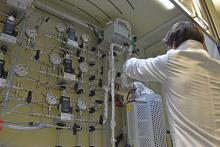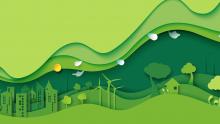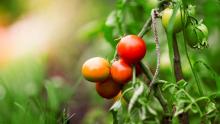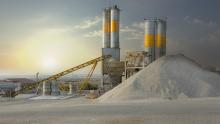
Catalytic reactions are crucial for energy conversion and the production of chemicals, but their operation is limited by slow heat transfer. The EU-funded INTENT project developed new reactor designs with improved potential for heat transfer. The research and results will help in the transition of Europe’s energy sector away from fossil fuels.









